Comedy or tragedy? The stories we tell ourselves about creation
This article originally appeared at Baptist News Global on August 18, 2023.
“Wicked looks at what happened in the land of Oz — but from a different angle,” the most popular show on Broadway advertises. “So much happened before Dorothy dropped in.”
As we shuffled out of the theater at the end of the show, we were reminded of how complicated the relationships of our own lives have gotten since deconstruction unexpectedly dropped in. Throughout the evening, we saw nearly a dozen people from various chapters of our lives who also were in attendance. And although all our exchanges were pleasant, we were all well aware of the fact that we see the world from very different angles.
A summer of storytelling
The story in American religion this summer has been how people experiencing and processing the world from very different angles have resonated with or have been offended by different productions.
It all started when white conservatives panicked over Disney casting a Black woman as Ariel in their remake of The Little Mermaid.
When Amazon released the documentary Shiny Happy People, many of us from a variety of perspectives recognized the story it told about spiritual abuse in our own conservative upbringing.
Then conservatives swarmed to the theaters to support Sound of Freedom, which deals with the topic of child sex trafficking but has been promoted by Donald Trump and actor Jim Caviezel due to its advancement of QAnon conspiracy theories.
The movie with the most buzz this summer has been Barbie, which is breaking box office records with its themes of toppling the patriarchy and exploring what it means to be human.
Oppenheimer brought us face to face with the harsh realities of human violence in war and with what it might look like to pursue ethics of peace.
Kirk Cameron spent his summer releasing a children’s book against Pride Month and promoting propaganda in his war against librarians through his partnerships with Brave Books and Fox News.
Even John MacArthur has tried to enter the storytelling fray by promoting a documentary that glorifies his church’s refusal to take precautions during the COVID pandemic.
One character in Wicked asks, “Who can say if I’ve been changed for the better?”
“For better or worse, the world is changing.”
For better or worse, the world is changing, leading us all to examine through the stories from our different angles what is happening in the land of Earth.
Is our reality a comedy or a tragedy?
In the 2006 film Stranger than Fiction, Harold Crick — played by Will Ferrell — goes about his day while hearing Emma Thompson’s voice narrating everything he thinks, feels or does. Eventually, Crick begins to realize he’s part of a story and seeks advice from Dustin Hoffman’s character, who introduces him to the concepts of comedy and tragedy.
“To quote Italo Calvino, ‘The ultimate meaning to which all stories refer has two faces: the continuity of life, the inevitability of death,’” Hoffman’s character explains. “A tragedy, you die. A comedy, you get hitched.”
Many of the conflicts we experience in religion and politics today have to do with how we consider the relationship between the individual and the communal when telling our stories as either comedies or tragedies.
Can one consider their individual story a comedy if it ends in tragedy for others? Can we consider the collective story of the universe a comedy if it ends as a tragedy for many within it?

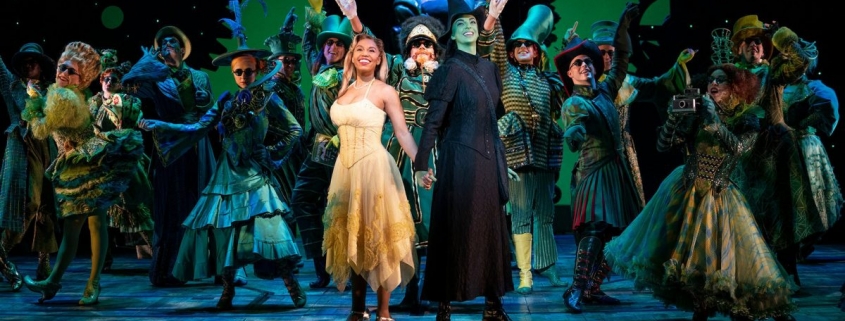
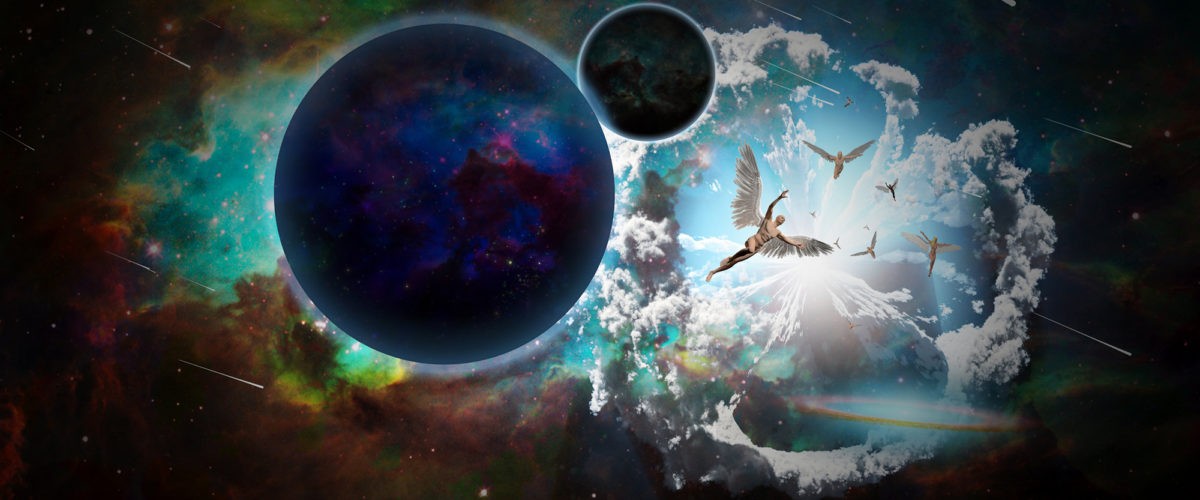
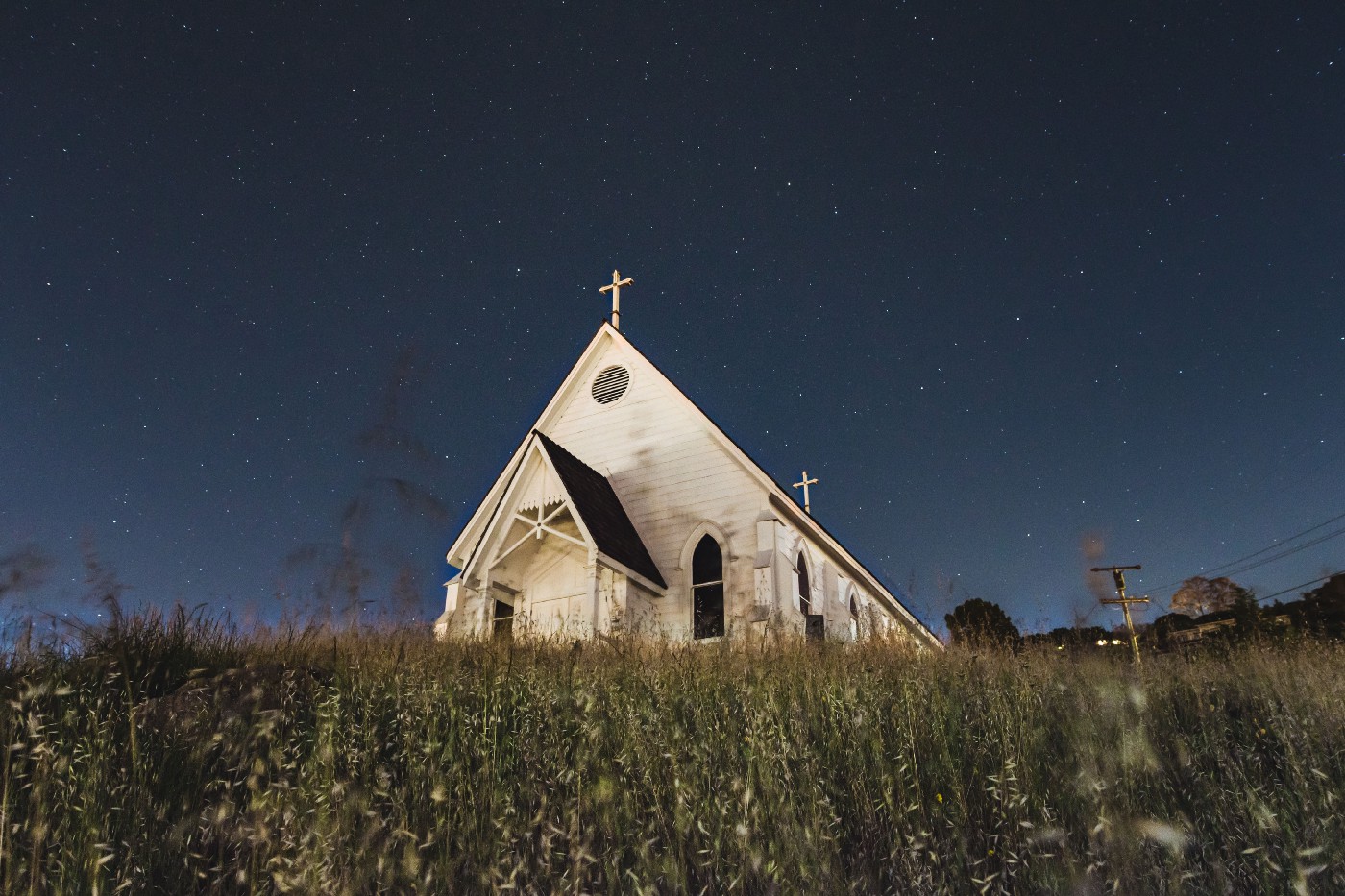
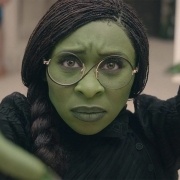
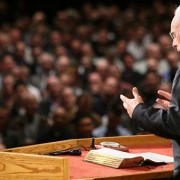
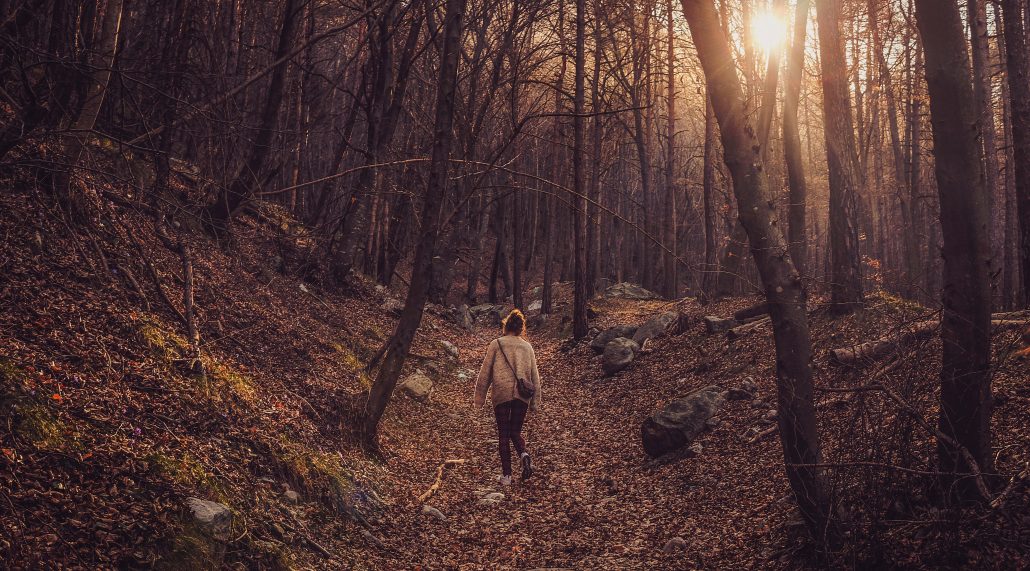
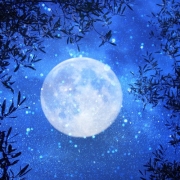
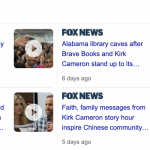

Leave a Reply
Want to join the discussion?Feel free to contribute!